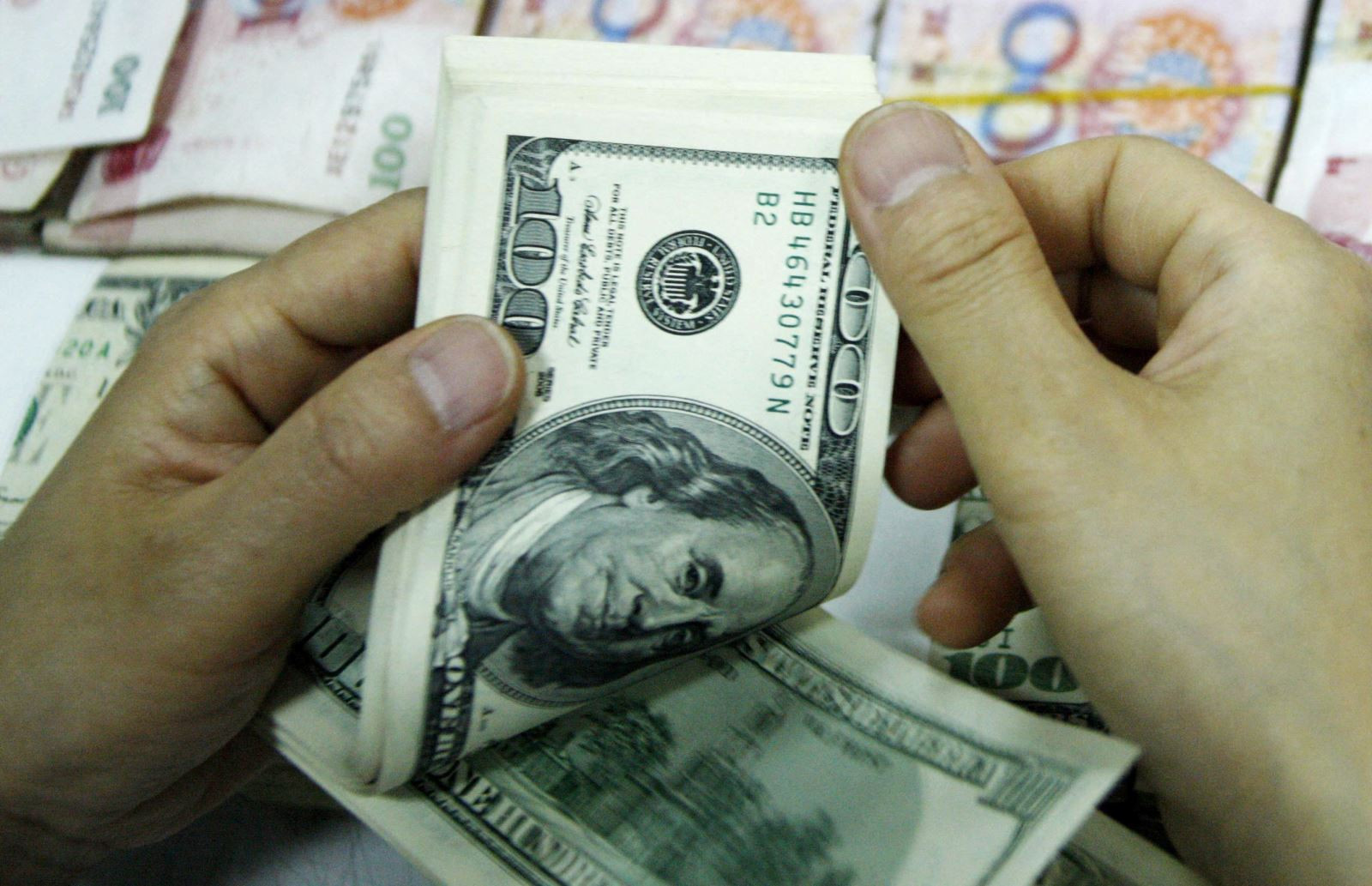
Deputy Governor of the State Bank of Vietnam Dao Minh Tu said that the exchange rate has fluctuated recently, but in the coming time, the bank exchange rate, especially the central exchange rate, can be maintained and gradually reduced, and the USD exchange rate in the market will also decrease. "This is the normal state of the economy," the Deputy Governor affirmed.
In the weekend trading session on April 26, the State Bank announced the central exchange rate between the Vietnamese Dong and the US Dollar at 24,246 VND, down 26 VND compared to the beginning of the week.
With the +/-5% margin currently applied, the ceiling exchange rate applied by banks is 25,458 VND/USD and the floor exchange rate is 23,033 VND/USD.
The USD price at BIDV is listed at 25,158 - 25,458 VND/USD (buy - sell), down 15 VND in both buying and selling compared to the beginning of the week.
At Vietcombank, the greenback price is listed at 25,118 - 25,458 VND/USD (buy - sell), down 15 VND in both buying and selling compared to the beginning of the week.
Last week, the central exchange rate as well as the USD price at commercial banks cooled down from mid-week with a total decrease of 29 VND. Meanwhile, the previous week, the central exchange rate increased by 164 VND, the USD price at commercial banks increased by 260 VND.
Mr. Dao Minh Tu said that exchange rate is a big problem of the economy, if not managed effectively, it will affect inflation. Therefore, the State Bank also raised the issue of exchange rate management and operation in the coming time. According to Mr. Tu, the State Bank has had solutions to achieve the above goal such as regulating the amount of money in circulation to harmonize, and operating reasonable interest rates to harmonize with the exchange rate.
Assessing the exchange rate developments, the Deputy Governor said that there have been fluctuations recently and VND has also accepted devaluation compared to the beginning of the year. In 2023, VND will depreciate by about 2.6%, but compared to surrounding countries, maintaining this level is a great effort.
According to Mr. Tu, at the Press Conference in early 2024, the State Bank informed that if necessary to stabilize the exchange rate, it will use the foreign exchange reserve fund to sell for intervention. Up to now, the central exchange rate has decreased to 4.8% compared to 2023. However, this depreciation is still positive compared to many markets such as Taiwan (China) 5.96%; Thailand, Japan, South Korea, Switzerland all have much higher depreciation... "Due to the openness of the economy, exchange rate management is very important at this time, the State Bank will manage the exchange rate reasonably", said the Deputy Governor.
In the world market, the Dollar Index (DXY), measuring the USD against 6 major currencies (EUR, JPY, GBP, CAD, SEK, CHF) today stopped at 106.09 points - up 0.47% compared to trading on April 26. Experts said that investors took refuge in foreign currencies when US inflation data showed no signs of cooling down, in line with forecasts and confirming expectations that the US Federal Reserve (Fed) may delay cutting interest rates this year.
The latest report from the US Bureau of Economic Analysis showed that GDP grew by 1.6% in the first quarter (annualized rate). This was the lowest growth rate in nearly two years. Weaker-than-expected US growth data caused the USD to reverse its decline.
“The inflation numbers point even further to the need for further tightening,” said Stuart Cole, chief macroeconomist at Equiti Capital in London. “We know that getting the CPI back to the 2% target is what the Fed is aiming for and so today’s numbers are likely to prompt further rate cuts.”
Source



![[Photo] Visiting Cu Chi Tunnels - a heroic underground feat](https://vstatic.vietnam.vn/vietnam/resource/IMAGE/2025/4/8/06cb489403514b878768dd7262daba0b)




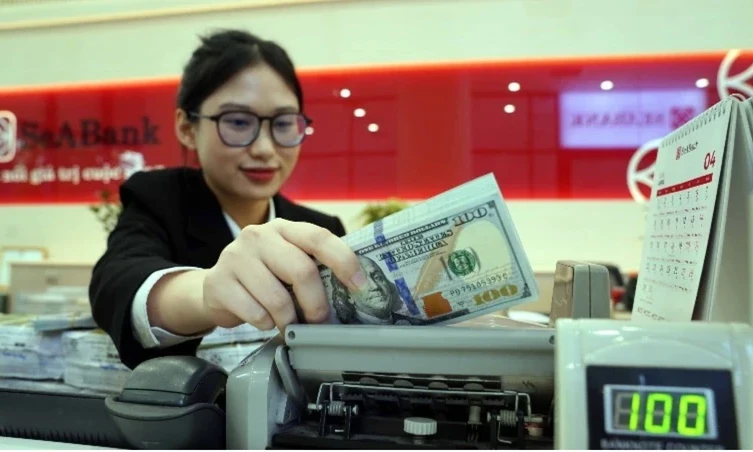
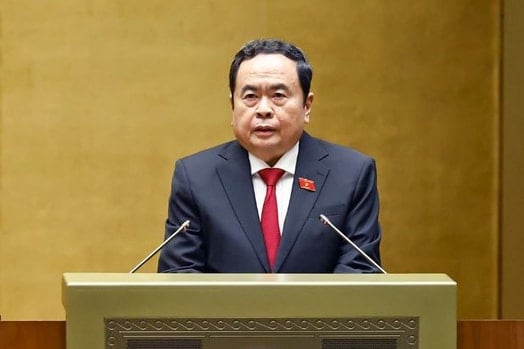
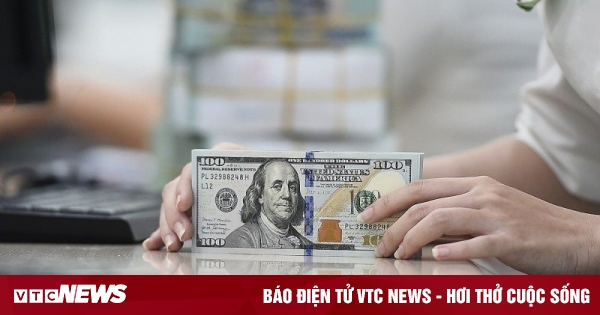
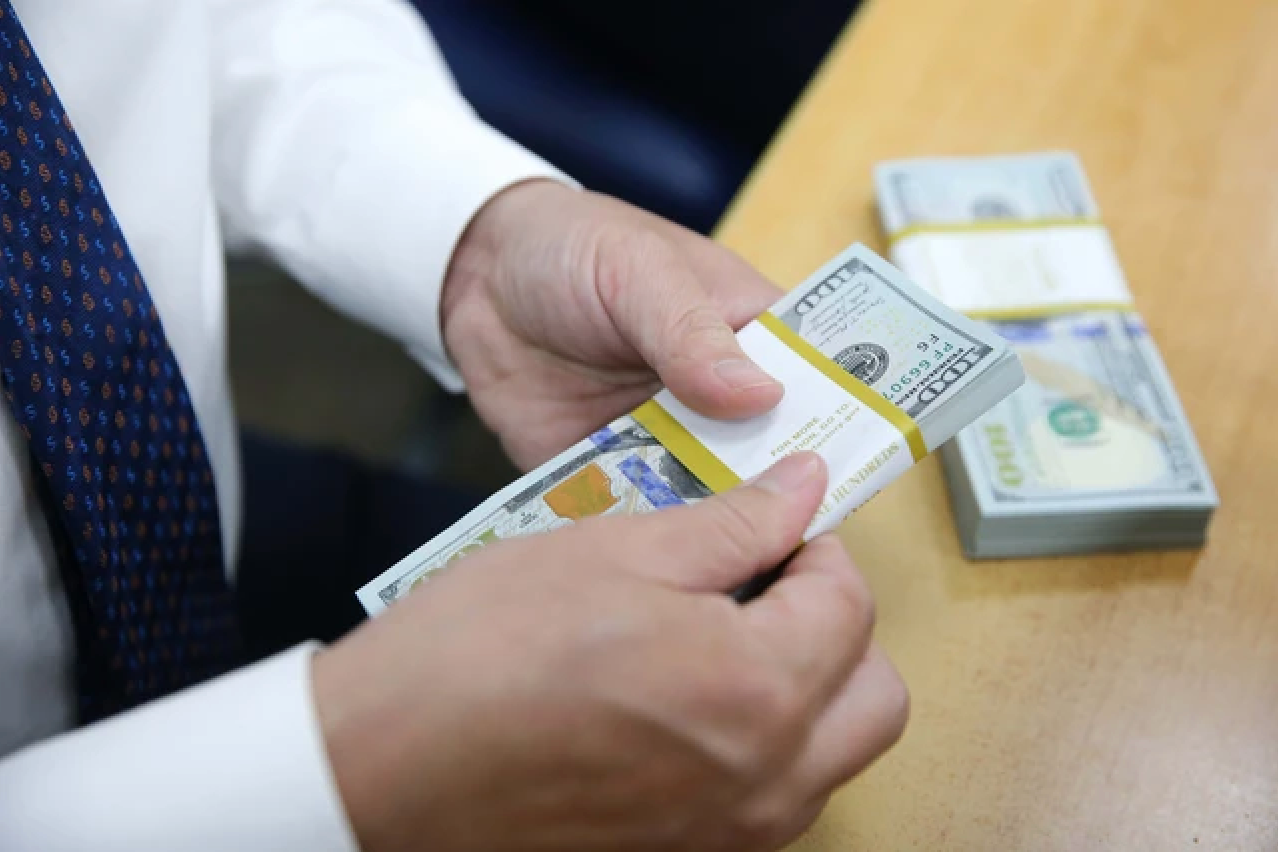
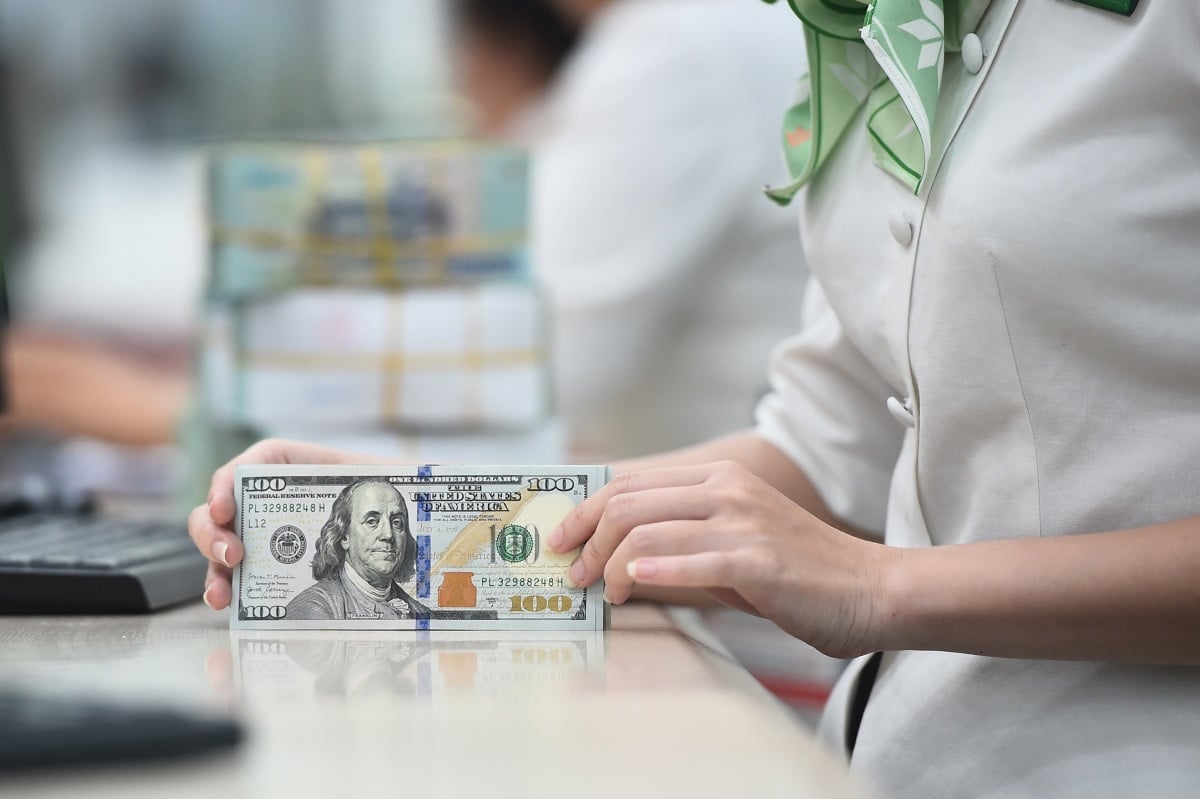
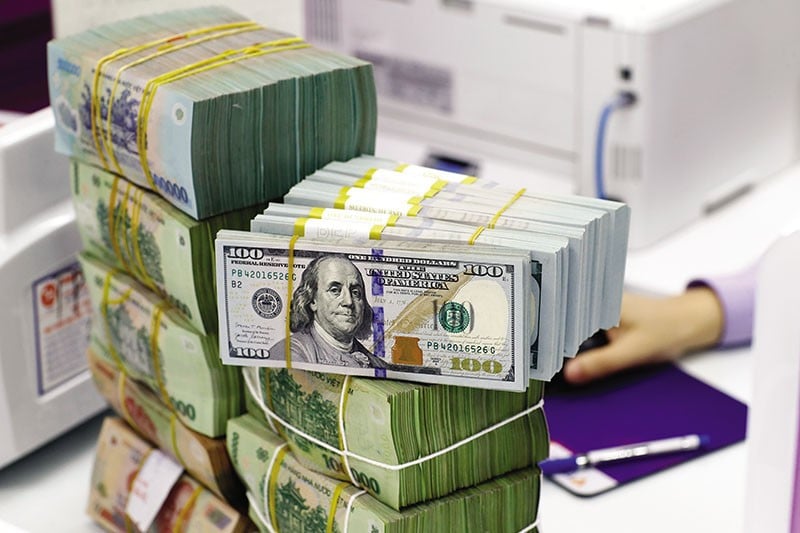

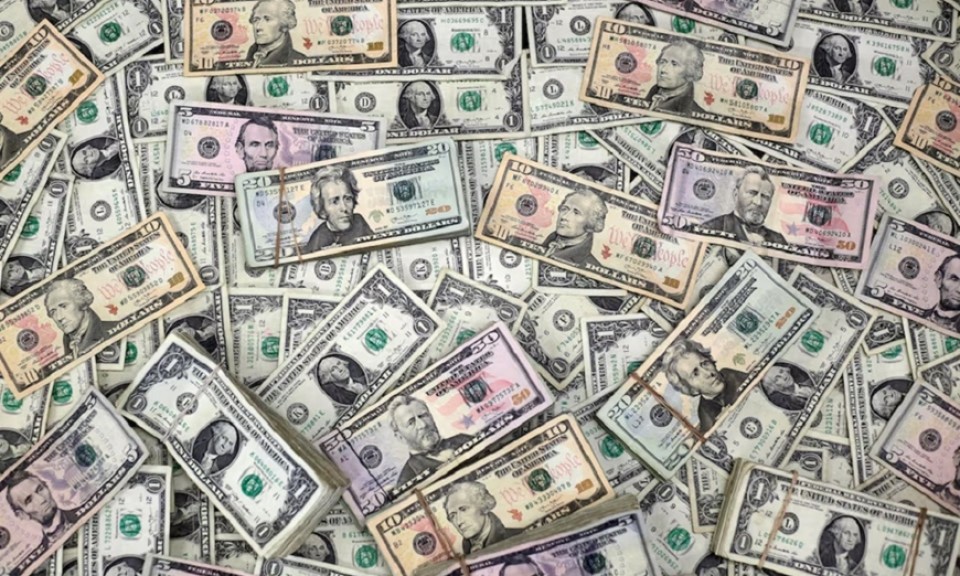










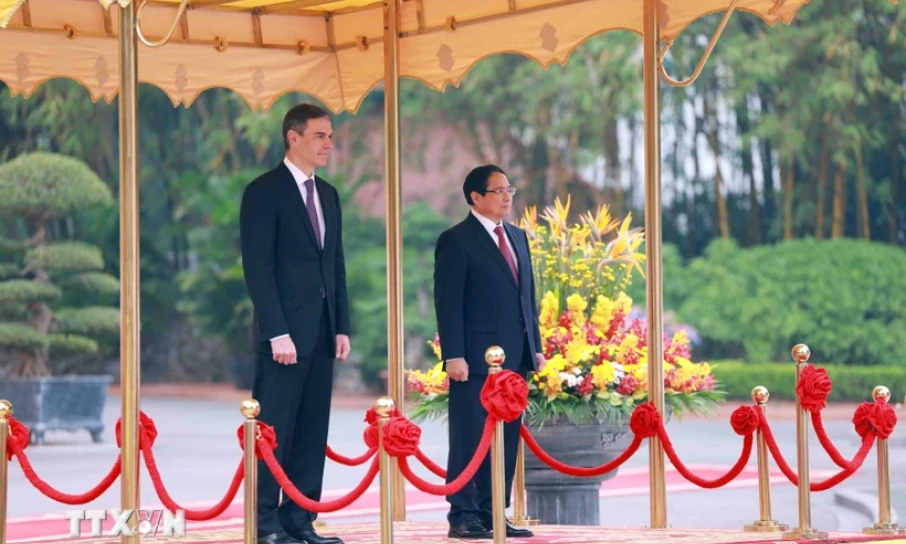

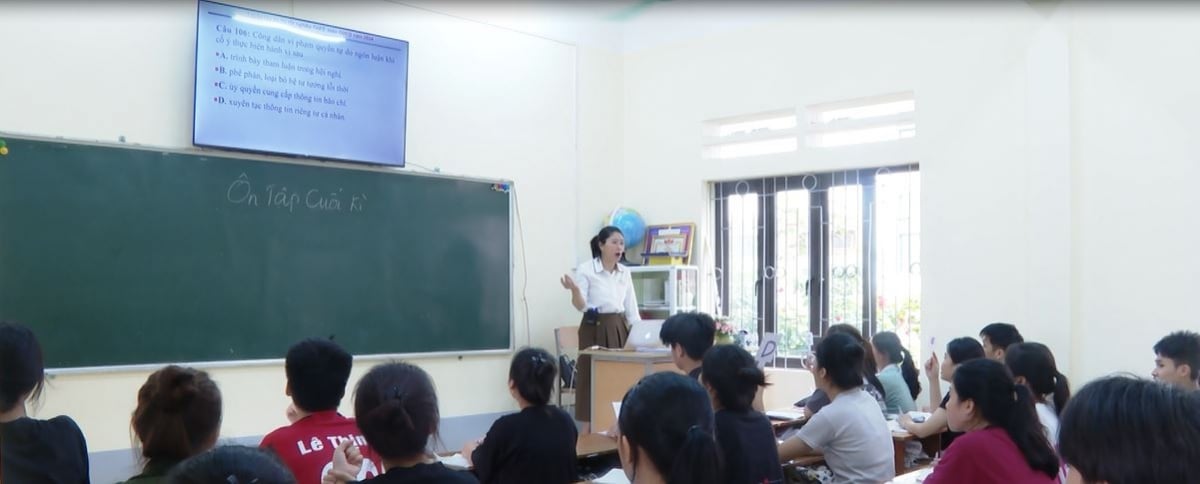








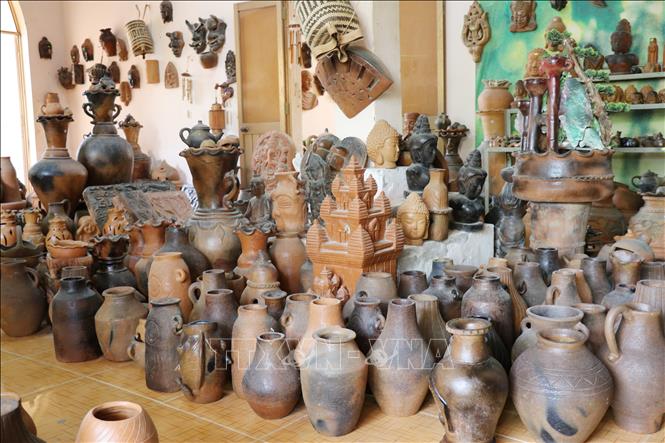
























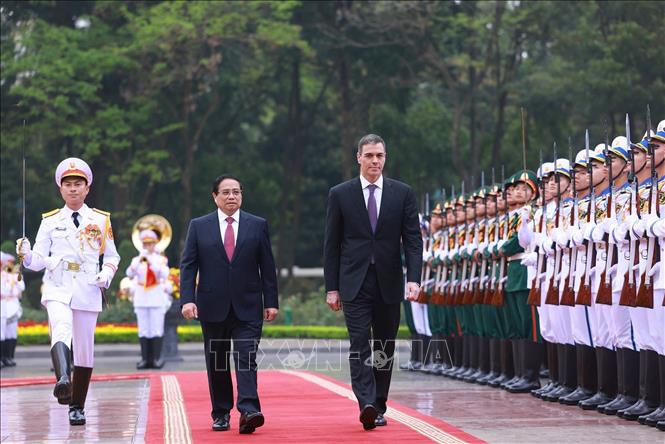





















Comment (0)